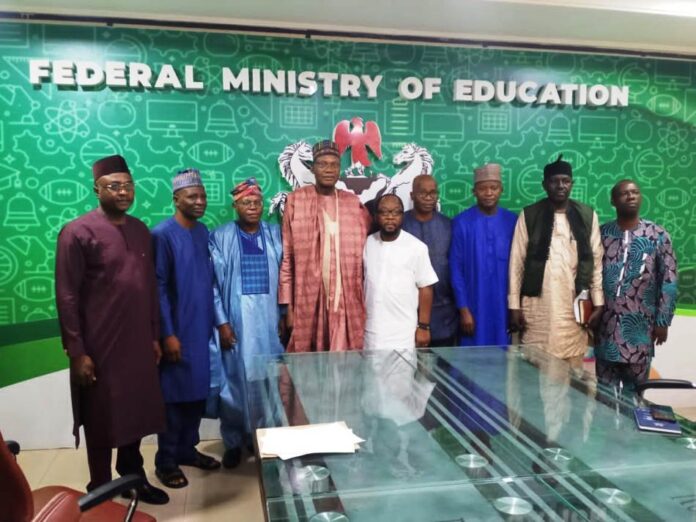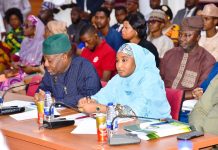
At a pivotal meeting with the Congress of University Academics (CONUA), Honourable Minister of Education, Professor Tahir Mamman, underscored the importance of unity within Nigeria’s academic community while announcing the launch of a transformative program aimed at integrating skills and vocational training into the nation’s primary and secondary schools. This initiative is set to revitalise the 6-3-3-4 educational system, equipping students with practical skills by the end of their junior secondary education, and ensuring that those who do not pursue higher education have the tools needed to thrive in their chosen fields.
In his address, Professor Mamman expressed his gratitude for the opportunity to engage with CONUA, recognising the crucial role that academics play in shaping the future of education in Nigeria. He stressed the need for cohesion within the academic sector, cautioning against fragmentation while acknowledging the value that diverse perspectives bring to the table. The Minister reaffirmed his commitment to ongoing reforms, supported by a leadership that places a high priority on the advancement of education.
Professor Mamman also addressed various concerns raised by CONUA, including the welfare of retirees and the recent discussions surrounding school admission ages. He clarified that the Ministry is actively working on these issues, with a focus on delivering immediate solutions to the most pressing matters. The Minister’s announcement of the new skills and vocational training program is a testament to the Ministry’s forward-thinking approach to education, ensuring that Nigeria’s youth are not only academically prepared but also equipped with practical skills for the future.
Comrade ‘Niyi Sunmonu, the National President of CONUA, also took the floor to commend the Minister for initiating the meeting and expressed the union’s commitment to maintaining an uninterrupted academic calendar. He highlighted several challenges facing CONUA members, including the withholding of salaries, unpaid promotion arrears, and the need for collective bargaining to address stagnant academic remuneration in the face of rising living costs. Sunmonu urged the government to address these issues promptly to avoid potential unrest within the university system.
Additionally, Sunmonu raised broader concerns such as the delay in pension payments under the 2014 Pension Act and the enforcement of the minimum age policy for university admissions. He also called for the inclusion of CONUA in the newly constituted NEEDS Assessment Committee, emphasizing the union’s critical role in shaping national education policy.
As the meeting concluded, Professor Mamman reiterated the Ministry’s commitment to collaboration with all stakeholders, assuring that efforts to address the challenges within the academic sector will continue with urgency and dedication.
Boriowo Folasade
Director, Press & PR




